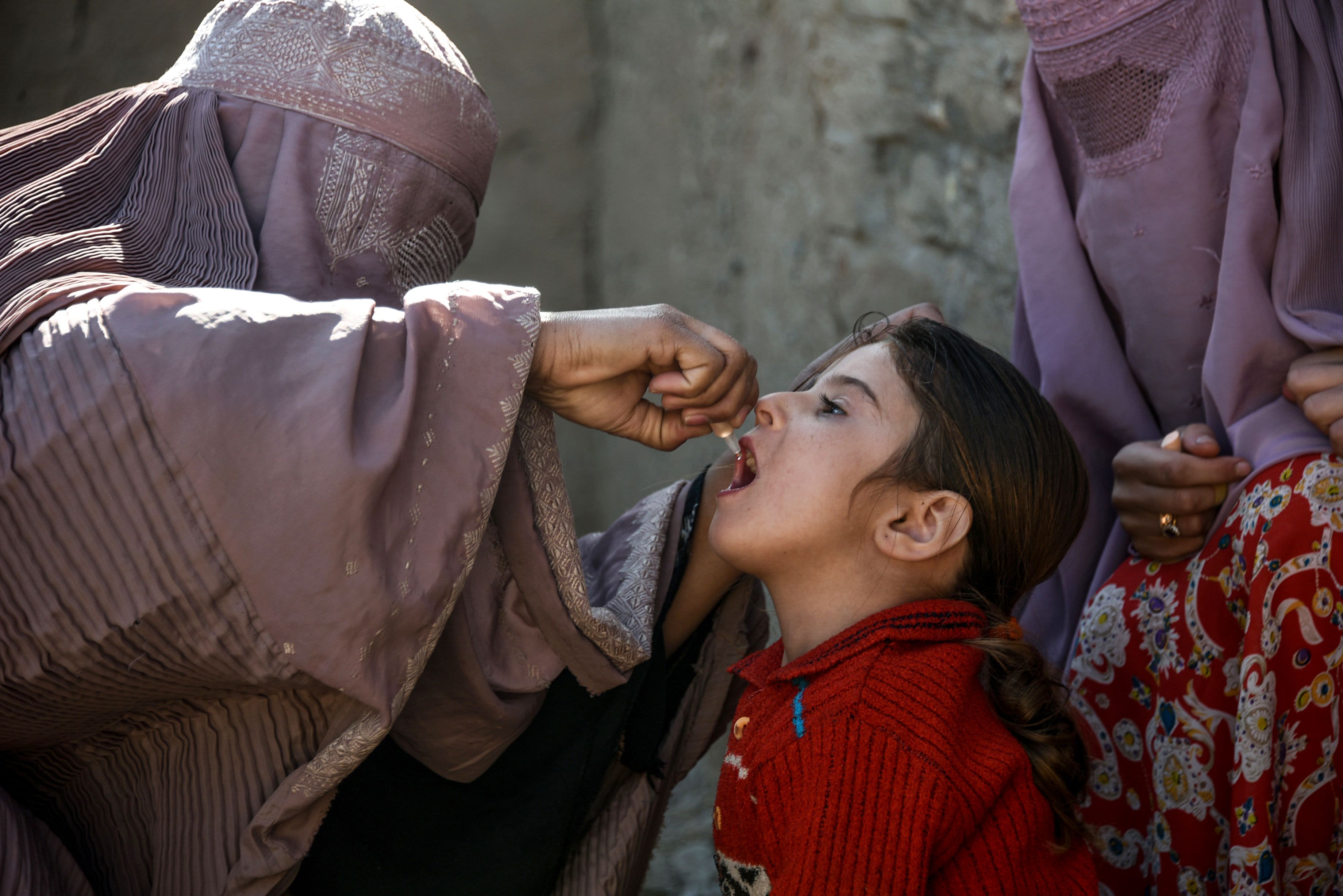Products You May Like
Afghanistan’s health-care system is “on the brink of collapse” as a lack of funding left thousands of health facilities struggling to buy medical supplies and pay their staff, the World Health Organization said Wednesday.
“Unless urgent action is taken, the country faces an imminent humanitarian catastrophe,” WHO Director-General Tedros Adhanom Ghebreyesus and WHO Regional Director for the Eastern Mediterranean Ahmed Al-Mandhari said in a statement following a visit to Kabul, Afghanistan’s capital city.
The Taliban, an ultraconservative militant group, seized power in Afghanistan last month as the U.S. withdrew its military presence in the country. Afghanistan is heavily dependent on international funding, but many donors have suspended aid to the country while the U.S. froze its Afghan financial assets.
WHO said reduced donations to Afghanistan’s largest health project, Sehatmandi, left health facilities without medicines, medical supplies, fuel, and salaries for medical workers.
Sehatmandi is the main source of health care in the country — it operates 2,309 medical facilities across Afghanistan that benefitted over 30 million people in 2020.
“Many of these facilities have now reduced operations or shut down, forcing health providers to make hard decisions on who to save and who to let die,” the statement said, noting that only 17% of the facilities were fully functional.
Covid-19 response
Problems in Afghanistan’s health-care system have affected the country’s response to the ongoing Covid-19 pandemic.
“Nine of 37 COVID-19 hospitals have already closed, and all aspects of the COVID-19 response have dropped, including surveillance, testing, and vaccination,” WHO said.
Covid vaccination rates have “decreased rapidly” in recent weeks, while 1.8 million vaccine doses remained unused, according to the statement.
“Swift action is needed to use these doses in the coming weeks and work towards reaching the goal of vaccinating at least 20% of the population by the end of the year based on national targets,” said WHO.
Only around 1.1% of the Afghan population has been fully vaccinated, according to latest data compiled by online repository Our World in Data.
Other emergencies
In addition to Covid, Afghanistan faces other health emergencies, said WHO.
The country is one of only two in the world where polio is still prevalent, said the agency. Cases of wild poliovirus cases have fallen to just one this year from 56 in 2020, but efforts to eradicate the disease will suffer due to problems facing the Afghan health system, explained WHO.
Meanwhile, measles outbreaks are spreading in Afghanistan, the agency added.
The United Nations said Wednesday it’s releasing $45 million from the Central Emergency Response Fund to “help prevent Afghanistan’s health-care system from collapse.”
“Allowing Afghanistan’s health-care delivery system to fall apart would be disastrous. People across the country would be denied access to primary health care such as emergency caesarian sections and trauma care,” said Martin Griffiths, UN under-secretary-general for humanitarian affairs and emergency relief coordinator.
Impact on women
Problems in Afghanistan’s health-care system pose a particular risk to women in the country.
With fewer health-care facilities operating and fewer female medical workers reporting to work, female patients are hesitant to seek medical attention, said WHO.
While women in the public health sector have been asked to return to their jobs, many are understandably scared of dealing with Taliban militants, especially now that that there is no governing system in place to offer them any protection.Samira HamidiHumanitarian Campaigner, Amnesty International
Samira Hamidi, Amnesty International’s South Asia campaigner, said that women in the country feel insecure as they don’t trust the Taliban.
“While women in the public health sector have been asked to return to their jobs, many are understandably scared of dealing with Taliban militants, especially now that that there is no governing system in place to offer them any protection,” she told CNBC.
